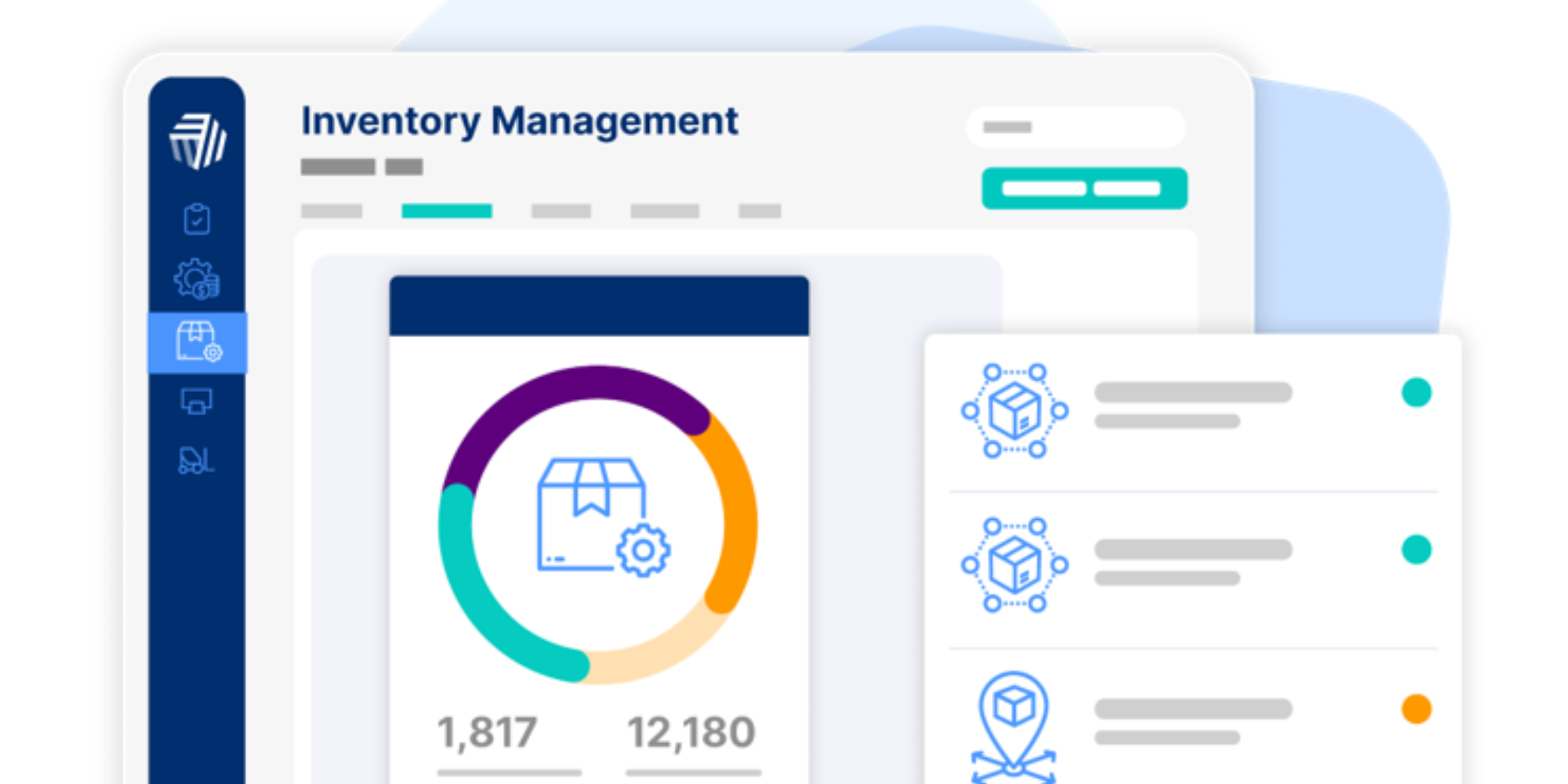Understanding Tax Deductions in Australia
Tax deductions refer to eligible expenses that can be subtracted from your gross income to determine your taxable income.
For eCommerce businesses, these deductions can cover a wide range of operational costs, from inventory and marketing to technology and professional services.
By claiming these deductions, you lower your overall tax liability, which can free up capital for reinvestment and growth.
Understanding Tax Deductions in Australia
To qualify for tax deductions, expenses must meet the following criteria:
- Incurred in Earning Assessable Income: The expense must be directly related to the operation of your eCommerce business and necessary for generating income.
- Proper Documentation: You must keep accurate records and receipts of all deductible expenses to substantiate your claims.
- Compliance with ATO Regulations: Ensure that your claimed deductions adhere to the guidelines set by the ATO, which may include specific rules for certain types of expenses.
Understanding these basic principles will help you effectively manage your deductions and avoid potential issues with tax compliance.
10 Tax Deductions for Ecommerce Businesses
Inventory Costs
Purchase Costs of Goods Sold
These include the direct costs of acquiring products intended for sale. This can encompass the price paid to suppliers, import duties, and any additional costs required to bring the inventory to your place of business. Accurate record-keeping is essential for substantiating these expenses.
Freight and Shipping Fees
This covers the costs associated with transporting inventory from the supplier to your business location. It includes expenses for domestic and international shipping, handling charges, and any insurance costs incurred during transit. These expenses are deductible as they are directly related to bringing the inventory to a saleable condition.
Marketing and Advertising
Online Ads (Google Ads, Social Media)
Expenses for digital advertising campaigns can be deductible. This includes costs associated with pay-per-click (PPC) ads on platforms like Google, Facebook, and Instagram. These ads help drive traffic and sales, making them essential for e-commerce businesses.
Promotional Materials and Campaigns
Costs for creating and distributing promotional content are also deductible. This includes spending on graphic design, printing flyers, email marketing services, and influencer partnerships. These efforts help increase brand visibility and attract potential customers.
Note that some promotional materials may be considered capital assets, and the cost would then need to be amortised over its useful life. This is where it’s important to keep detailed records of all advertising expenditures to ensure they meet ATO guidelines for deductions.
Technology Expenses
Website Development and Maintenance
These costs include creating and updating your e-commerce site. Expenses can cover web design, coding, hosting fees, and ongoing site improvements to enhance user experience and security. Regular maintenance ensures the site runs smoothly and remains secure, which is crucial for retaining customers and safeguarding data.
E-commerce Platform Fees (Shopify, WooCommerce)
Fees paid to e-commerce platforms are deductible. As outlined by the ATO, these may include monthly subscription fees, transaction fees, and additional costs for plugins and apps. These platforms provide essential tools for managing online sales, inventory, and customer interactions, making them vital for business operations.
Professional Services
Accounting and Bookkeeping Services
These expenses include fees paid to accountants or bookkeepers for managing financial records, preparing financial statements, and handling tax filings. Accounting services for ecommerce businesses can ensure accurate financial reporting and compliance with tax regulations, which is critical for effective business management.
Legal Fees
Legal expenses incurred for business operations can be deductible. This includes costs for drafting contracts, handling intellectual property issues, and resolving disputes. Engaging legal professionals helps navigate the complexities of business law and ensures that your operations are legally sound. Proper documentation of these expenses is necessary to validate the deductions.
Office Supplies
Stationery and Office Equipment
Expenses for essential office supplies like paper, pens, printers, desks, and chairs are deductible. For ecommerce businesses, these items are classified as necessary for day-to-day business operations, and keeping detailed receipts and invoices will help substantiate these claims.
Software Subscriptions
Costs for software subscriptions used in business operations are also deductible. For ecommerce businesses, this can include subscriptions for productivity tools, design software, customer relationship management (CRM) systems, and any other digital tools that facilitate business activities.
Utilities and Rent
Home Office Expenses
If you run your e-commerce business from home, you can claim a portion of home office expenses. This can include utilities and costs of internet usage. The deductible amount is typically calculated based on the percentage of your home used for business purposes.
Internet and Phone Bills
Expenses for internet and phone services used for business activities are deductible. This includes costs for business-related calls, internet access for managing your website and online sales, and any other communication needs directly tied to your business operations. Proper documentation and apportionment of these costs are necessary if they are shared for personal use.
Employee Costs
Salaries and Wages
Depending on your business structure, salaries and wages paid to employees can be deductible. This includes regular pay, bonuses, and any other compensation provided for work performed. Accurate bookkeeping and payroll records are essential for substantiating these expenses.
Superannuation Contributions
Similar to salaries, contributions made on behalf of employees may also be deductible. These payments are a legal requirement in Australia and form a significant part of employee benefits. Ensuring timely and correct contributions not only meets legal obligations but also qualifies for tax deductions, reducing overall tax liability.
Shipping and Delivery
Costs for Delivering Products to Customers
Expenses incurred for shipping products to customers can be a tax deduction for ecommerce businesses. This may include postage, courier services, and any handling fees. These costs are directly associated with fulfilling customer orders and are essential for the operation of an e-commerce business.
Packaging Materials
The cost of packaging materials used to protect and ship products can be claimed as a deduction. This includes boxes, bubble wrap, tape, and labels. Proper packaging ensures products reach customers in good condition, enhancing customer satisfaction and reducing return rates.
Insurance
Business Insurance Premiums
Premiums paid for various types of business insurance are deductible. This includes general liability, property insurance, and coverage against theft or damage. These policies protect your business assets and operations, ensuring continuity in case of unforeseen events.
Product Liability Insurance
This insurance covers claims arising from product defects that cause injury or damage to customers. Premiums for product liability insurance are deductible, as they safeguard your business against significant financial losses and legal costs associated with such claims.
Training and Education
Costs for Professional Development
Expenses for professional development aimed at enhancing skills relevant to your business are deductible. This includes attending industry conferences, seminars, and training sessions. Investing in professional development ensures that you and your team stay updated with the latest industry trends and practices.
Online Courses and Workshops
Costs for enrolling in online courses and workshops that improve business-related skills are also deductible. These may cover areas such as digital marketing, e-commerce strategies, or technical skills specific to your industry. These educational investments contribute to the overall growth and efficiency of your business.
Travel Expenses
Business-Related Travel Costs
Expenses for travel directly related to business activities are deductible. This includes airfare, car rentals, and fuel for business trips. These costs must be necessary for business operations, such as attending meetings, conferences, or visiting clients and suppliers.
Accommodation for Business Trips
Costs for accommodation during business trips are also deductible. This includes hotel stays, meals, and incidental expenses incurred while away from your primary place of business. Proper documentation, such as receipts and travel itineraries, is necessary to substantiate these expenses.
Things to Consider With Ecommerce Tax Deductions
When tax planning and choosing your ecommerce tax deductions, keep the following in mind:
- Accurate Record-Keeping: Maintain detailed records and receipts for all deductible expenses. This substantiates your claims and ensures compliance with ATO regulations.
- Direct Business Connection: Ensure all claimed expenses are directly related to earning assessable income for your e-commerce business.
- Compliance with ATO Guidelines: Adhere to the specific rules and criteria set by the ATO for different types of expenses to avoid issues during audits.
- Apportionment: If an expense is partly for personal use, only the business-related portion can be claimed.
Consulting an Ecommerce Tax Specialist.
For professional advice to ensure all deductions are correctly claimed consult with an ecommerce accountant or tax professional at Altias Advisory today to maximise your tax benefits.
We can help ensure your ecommerce business is getting every deduction you can. Contact us online or give us a call on (07) 5592 0037 to get started.





























